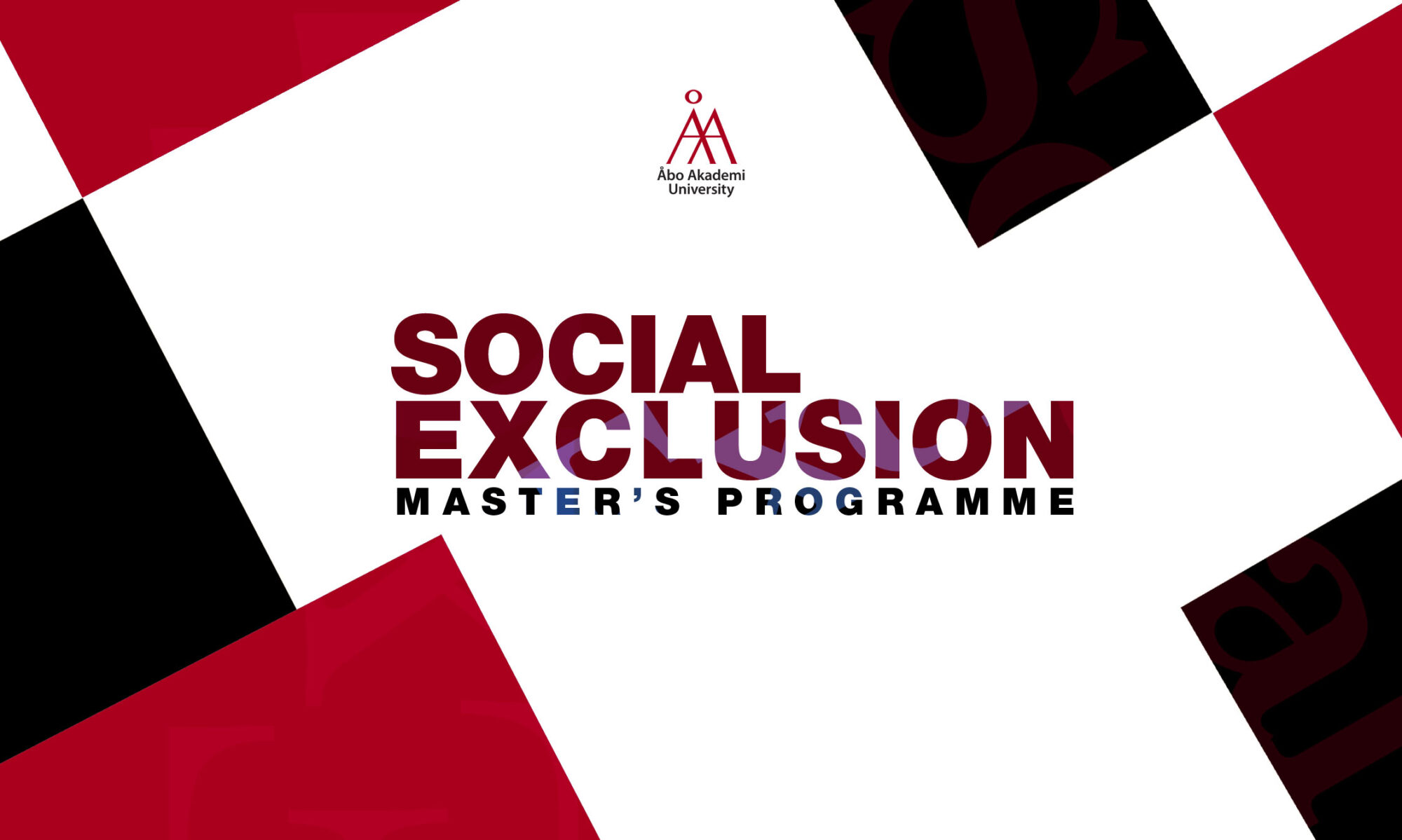Intersectional Environmentalist: How to Dismantle System of Oppression to Protect People + Planet

By Leah Thomas
In the book Intersectional Environmentalist: How to Dismantle System of Oppression to Protect People + Planet the author Leah Thomas highlights the intersection between environmentalism, racism, and privilege. She also emphasizes how the fight for the planet lies should lie in harmony with the fight for civil rights; and in fact, that one cannot exist without the other. Leah even begins her book with the sentence:
“We can’t save the planet without uplifting the voices of its people, especially those whose often unheard.”
Leah argues that ever from her days as a student studying environmental science she always found a lack of scholars who were people of colour or ideas from other marginalized communities. Having first-hand experiences and seeing the mistreatment of marginalized individuals along with feeling the continuous environmental injustice in the world, Leah saw the need to expand everyone’s understanding of integrating social justice work into the environmental spaces. Therefore, Leah became passionate about finding and encouraging big sustainable solutions that benefit the many and not only a few, in order to create safer types of environmental practices. She coined the term “intersectional environmentalist” to promote awareness of the fundamental truth that we need to work towards the empowerment of all people and the betterment of the planet.
This book promotes taking action on issues that humanity is facing and encourages everyone to assist in the needed change. The book also addresses a multitude of questions, which are answered by experts in the field. The book also refers to various contemporary statistics on the rapid changes to the environment and its effect on humanity. Leah also addresses how historically many policies and other discriminatory laws have placed certain communities in vulnerable positions, leading to them being deeply affected by climate change. As the book is written in 2022, Leah has included various examples of injustice environmental practices from history to recent years all the way to the era of the pandemic.
Leah Thomas is an environmentalist with a love for writing and creativity. She’s passionate about advocating for and exploring the relationship between social justice and environmentalism. She is the founder of eco-lifestyle blog @greengirlleah and The Intersectional Environmentalist Platform, which is a resource and media hub that aims to advocate for environmental justice, and inclusivity within environmental education and movements. She has a B.S. in Environmental Science and Policy from Chapman University and worked for the National Park Service and Patagonia headquarters before pursuing environmentalism full-time.
“[The Intersectional Environmentalist] shares data in an accessible, compelling, and engaging manner, and explores a variety of topics, including ableism, veganism, green energy, representation and more. It’s dense, but not overwhelming, and it also provides a “tool kit” and a supplementary reading list, to help you expand your knowledge once you finish this book. The Intersectional Environmentalist is at once a call to action, a guide to galvanize change, and a way to empower all people towards the betterment of the planet.”―She Does the City
“Too often, environmentalist proposals and platforms appear willing to sacrifice people — usually the most vulnerable — in exchange for saving the planet. Leah Thomas’ The Intersectional Environmentalist aims to fix this problem, offering philosophical defenses for protecting those affected most by climate change, as well as strategies young activists can use to turn theory into practice.”―Bustle.com
“An essential read, this book gives voice to a movement that will define a generation.“―Yale Climate Connections

